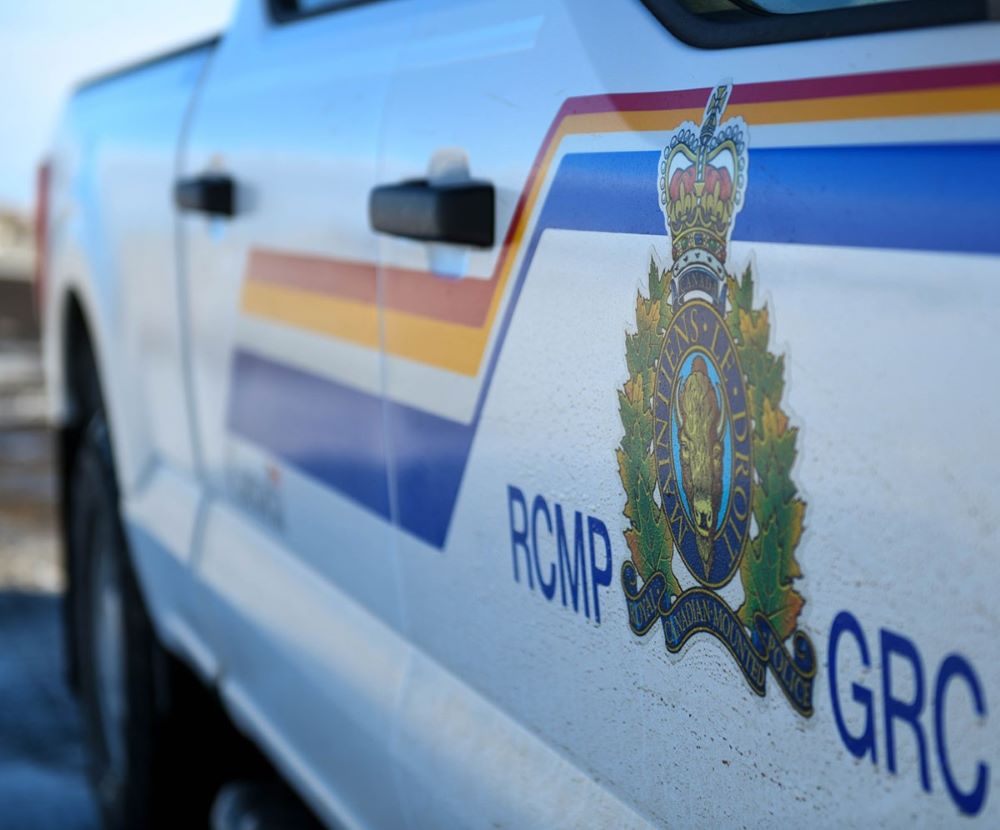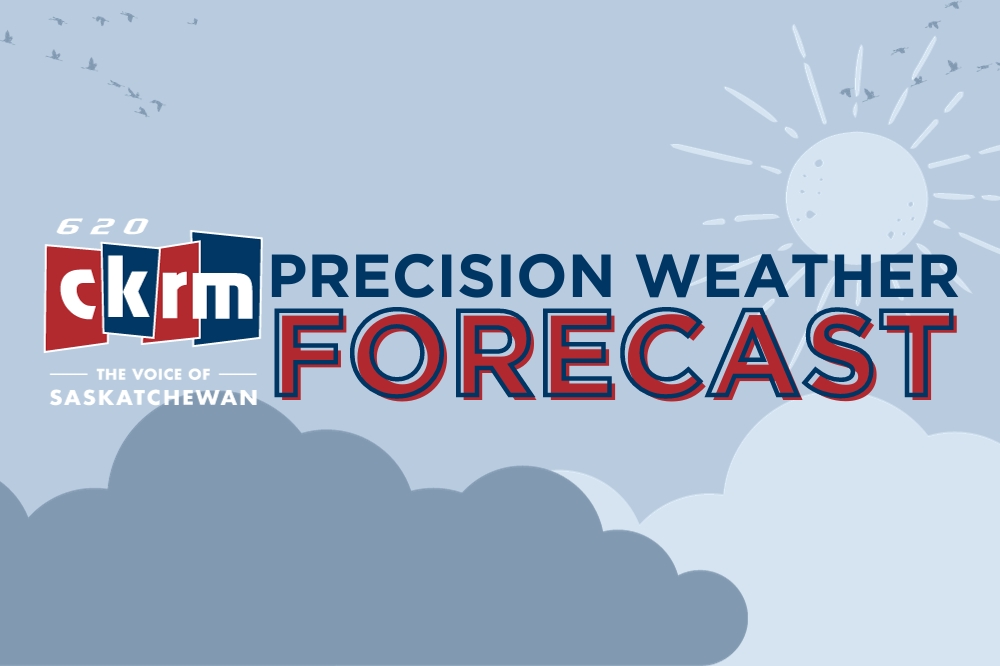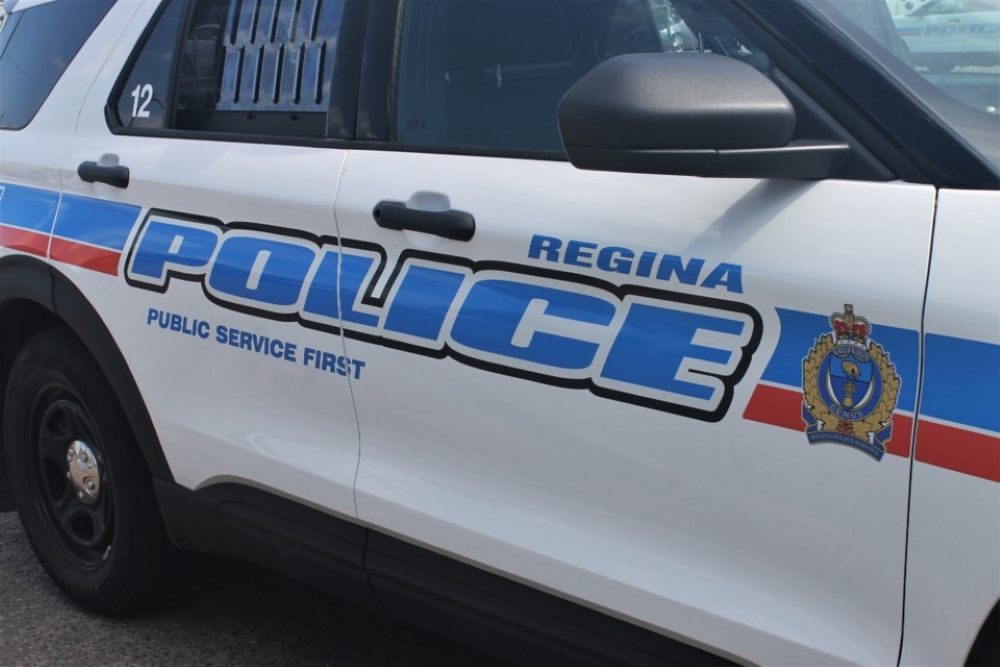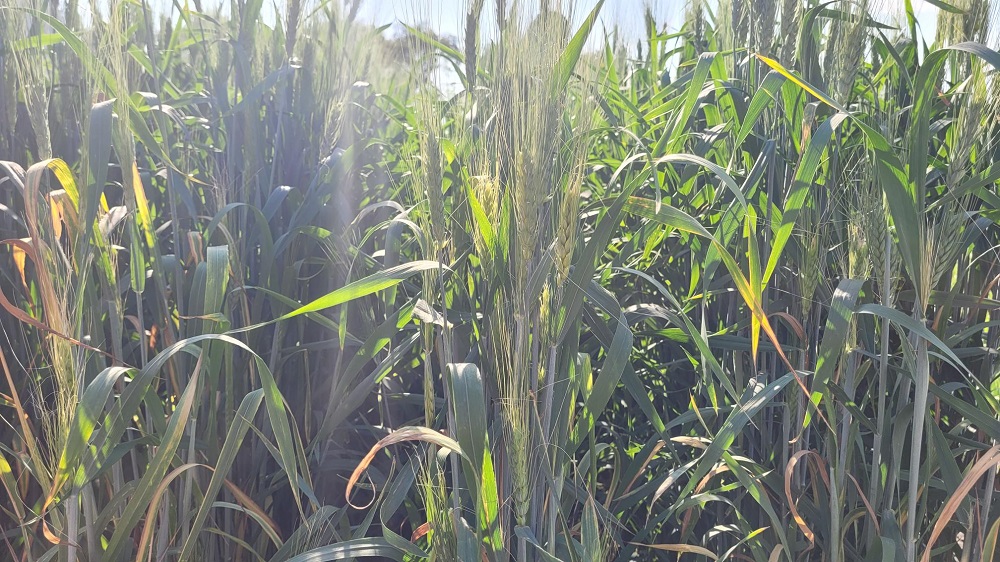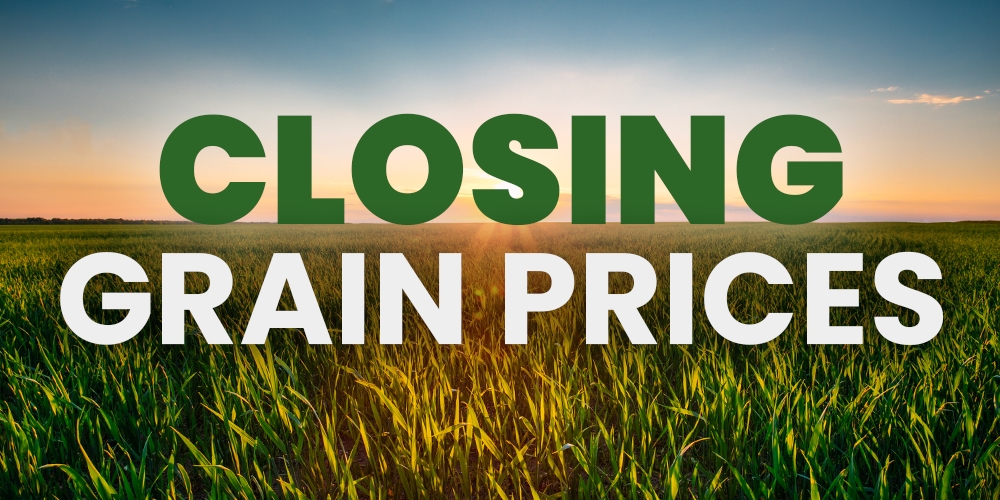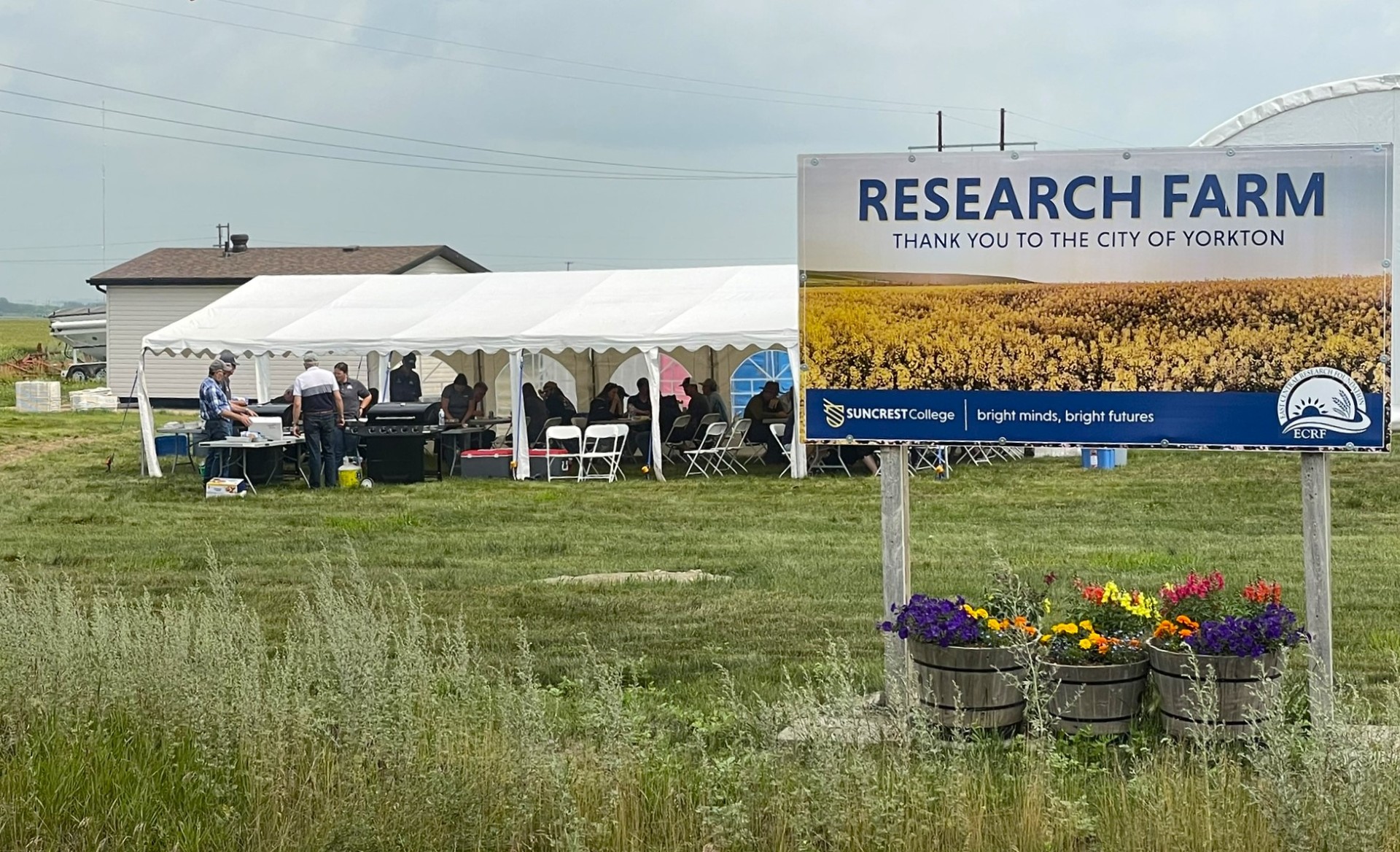Many in the gender and sexually diverse community and its supporters have issued concerns following a pair of news headlines from across the country.
One of the headlines is that residents in the Town of Westlock, Alberta, voted to ban Pride flags and rainbow crosswalks on municipal property and will instead fly only government flags and paint crosswalks in a white striped pattern.
Riviera Bonneau, co-chair of Queen City Pride, said they are devastated to see what happened north of Edmonton.
“The fact that they’re going to not only prohibit the flying of pride flags and prohibit the painting of crosswalks, they’re actually going to get rid of the existing rainbow crosswalks that have brought a lot of people comfort and joy in that community, we’re devastated to see that the community is taking a step away from inclusivity and welcoming of especially queer youth that needs to know that they’re safe in their space.”
The Mayor of Westlock, Jon Kramer, spent weeks telling residents not to vote for the bylaw.
“As a council, we’re deeply disappointed, but we’re not discouraged,” Kramer said. “I firmly believe that Westlock is a kind and caring community. But, you know, the end result is this is proof that change is just incredibly hard for some people.”
Were 1,302 votes cast in the plebiscite, with 663 people in favour and 639 opposed.
Kramer said the town of 4,800 will continue to find ways to embrace marginalized groups, including those in the LGBTQ community.
“We’re in a place where we cannot do crosswalks; we can’t do flags. But inclusion is a deeply creative act. So, at the end of the day, we’re not out of options.”
The other headline that caught the attention of the community is Conservative Leader Pierre Poilievre saying that “biological males” have no place in sports or change rooms that are labelled for females.
He was asked at a news conference about his position on whether transgender women should be allowed in spaces that are labelled for women and whether he would introduce any legislation to stop it.
Poilievre believes “female spaces should be exclusively for females, not for biological males.”
This marks the second time in recent weeks that Poilievre has publicly taken a position on issues related to gender identity and sexual orientation.
Earlier this month, he was asked about Alberta Premier Danielle Smith’s controversial plan to prevent young people from accessing gender-related therapies like hormones and puberty blockers.
Children should be able to make such choices about their bodies “when they’re adults,” Poilievre said.
When asked directly whether he opposes puberty blockers for gender-diverse youth under the age of 18, he said, “Yes.”
“Trans women are women and they have every right to feel comfortable and included and safe in the spaces that they enter,” Bonneau said. “It is completely absurd to say that trans women, even if they have gone through all of the steps to make themselves feel comfortable and who they are in their body, don’t have the right to use spaces that are set aside for women.
“That’s ridiculous, and we think that’s an absolutely absurd and cruel and backward take to have, she added.
Bonneau said that she feels the community has made much progress over the years; however, she feels some things still need to be done.
Examples include the provinces of Saskatchewan and News Brunswick introducing rules that prevent children under 16 from changing their names or pronouns at school without parental consent, and the United Conservative Party government in Alberta saying that it plans to introduce plans in the fall that require parental consent when students 15 and under want to change their name or pronouns at school. Students who are 16 and 17 would not need consent, but their parents would have to be notified.
The province also plans to restrict gender affirmation treatments, instruction on gender and sexuality in school, and the participation of transgender women in sports.
For Bonneau, it feels as if the 2SLGBTQ+ community is in the crosshairs.
“It’s heartbreaking to see it go backwards. We really felt like we were in a good place, and then in the last few years, essential since the pandemic, some big political things have happened worldwide, and it seems like a small minority is getting louder.”
For Queen City Pride and Bonneau, what is happening around the country is a double-edged sword as they see both their supporters and those favouring anti-2SLGTBQIA+ policies grow.
“It’s amazing to see the support that comes out and the people fighting for us and the voices that are standing up for our rights and queer kids and everything, but at the same time, there’s still those policies. There’s still those things that are happening.”
Bonneau said they want to get to where organizations like Queen City Pride and the community don’t have to fight for inclusivity.
“It’s one of those things where we don’t want that support, but we’re sad that we still need it because we’re still marginalized and that we still have to fight for our place,” she said. “While we love everyone that comes out and supports us, and it feels so good, we just want to be able to essentially say our work is done and not have to fight for ourselves anymore.”
With files from The Canadian Press



